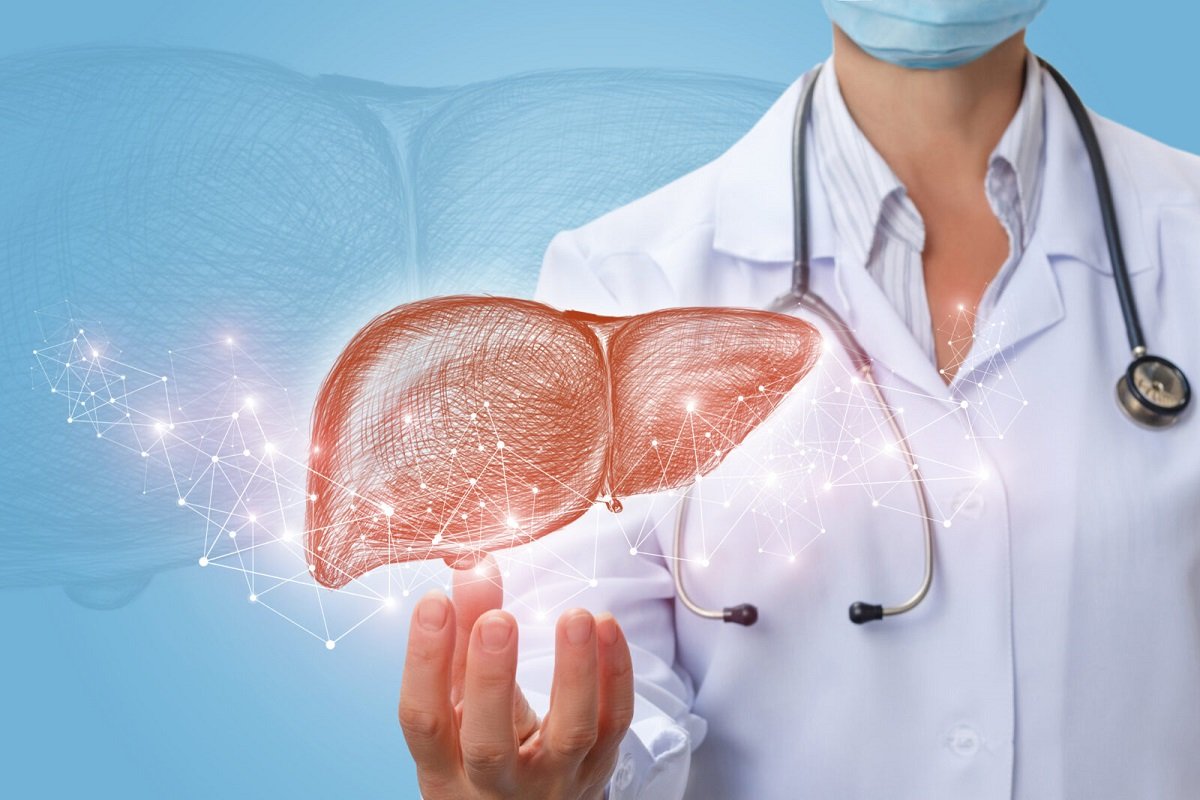The liver is a key organ that produces bile to break down fats, removes toxins from the bloodstream, and performs many other functions. That means you should monitor your liver health and check for any signs that something might be wrong. With the help of an at-home liver test, you can conveniently determine if there is a problem and take action if necessary. Here are seven signs you should check your liver health with an at-home test:
1. Jaundice
When your liver becomes diseased or damaged, it can cause your skin and the whites of your eyes to become abnormally yellow. This symptom is known as jaundice and is often a sign of liver problems. It occurs when the liver cannot properly metabolize bilirubin, a yellow substance produced when red blood cells are broken down. This substance accumulates in the bloodstream, resulting in the yellowing of the skin and eyes. An at home liver test can provide better insight into your liver health.
2. Pale Stool and Dark Urine
Bile is responsible for giving stool its brown color. When the liver is not functioning correctly, stools may appear pale or clay-colored. That’s because bile is not being produced in sufficient quantities. When the liver has difficulty processing toxins, bilirubin builds up in the bloodstream and causes urine to become dark or tea-colored. The earlier you discover this sign, the better your chance of catching and treating any underlying liver issues.
3. Nausea and Loss of Appetite
One major liver function is to filter out toxins from the bloodstream. When liver function is impaired, these toxins can accumulate in the body and trigger feelings of nausea, loss of appetite, and general malaise. When caused by minor health issues, these symptoms usually resolve on their own. If they persist or worsen, they may indicate a more serious liver condition. Get a liver test done to learn more.
4. Abdominal Swelling
When inflamed or damaged, the liver can cause fluid buildup in the abdominal cavity, resulting in a swollen or distended abdomen. This symptom is also known as ascites and can be a sign of serious liver conditions, such as cirrhosis or hepatitis. You may also feel pain or tenderness in your abdomen. Since these symptoms may be due to other health issues, a test is the only way to be sure.
5. Bruising Easily
A healthy liver produces proteins that help with blood clotting. When something is wrong with it, it can reduce the production of these proteins and make you more vulnerable to bruising. If you bruise easily or your bruises take longer to heal, it may indicate liver trouble.
6. Itching Skin
Itching skin is another symptom of liver disease. It occurs when toxins build up in the bloodstream and irritate the nerves in your skin. This can range from mild itching to a strong and constant urge to scratch. You may also notice spider-like arteries on your skin. A liver test can help you determine if the cause of this symptom is indeed a liver-related issue.
7. Fatigue and Weakness
If the liver has difficulty filtering out toxins, your body becomes overloaded with them, making you feel tired and weak. When this happens, your body will also have difficulty producing and using energy. A test can provide more information about the underlying cause of these symptoms and help you get suitable treatment.
Get an At Home Liver Test and Keep Your Liver Healthy
Determining liver issues is now simpler and more convenient than ever with at-home tests. These tests can determine if liver damage is the cause of your symptoms so that you can get the treatment you need to stay healthy. Work with a reliable test provider for the most accurate results. With proper diagnosis and care, you can keep your liver healthy for years to come.

Comments are closed.